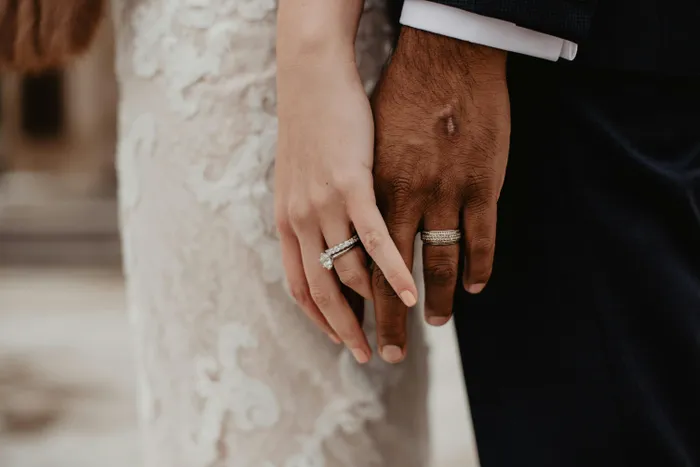High court rules against Limpopo man who disputed his customary marriage despite paying R10,000 lobola

The Limpopo High Court ruled against a man who disputed the existence of his marriage.
Image: Pexels
The Limpopo High Court in Polokwane ruled against a man who disputed the existence of his marriage despite paying lobola and going to church to bless the union.
The relationship between the couple began in December 2013. In April 2016, the husband sent a letter to the wife's family to initiate lobola negotiations.
Despite the letter being presented as evidence, the man challenged its authenticity.
The wife told the court that after her family received the letter, both families met and the agreed amount was R25,000 but the man's family paid R10,000.
In adherence to custom, the man's family presented two blankets, two cloths, and a tobacco container.
The man did not dispute the gifts but insisted that there was no celebration.
However, the woman said after the lobola was paid, the man's family requested permission to take her with them, recognising her as their bride.
She further testified that a couple of days later, they formalised their union with a church blessing, attended by both families. During the service, they exchanged wedding rings. Following the ceremony, a celebratory lunch was held at the man's family home.
A witness representing the man also corroborated the woman's testimony.
Acting judge MZ Makoti presided over the matter and explained that for a customary marriage to be valid, the parties must be over 18 years old, they must both consent to be married to each other under customary law; and the marriage must be negotiated and entered into in accordance with customary law.
Reviewing the evidence, judge Makoti said both parties were within the legal age and they both agreed to be married.
Moreover, the judge noted that the man sent representatives to the woman's family to negotiate marriage. An agreement was reached, and R10,000 was paid as part of the lobola.
Furthermore, the significance of the ceremony was reflected when the couple went to church for their union to be blessed, during which they wore wedding rings.
"If it was merely an engagement, there would have been no reason for both parties to wear wedding bands. I am in no doubt that there is a valid marriage relationship between the parties," added the judge.
The judge ruled that the marriage was valid, allowing the couple to proceed with their divorce.
sinenhlanhla.masilela@iol.co.za
IOL News
Get your news on the go, click here to join the IOL News WhatsApp channel.
Related Topics: